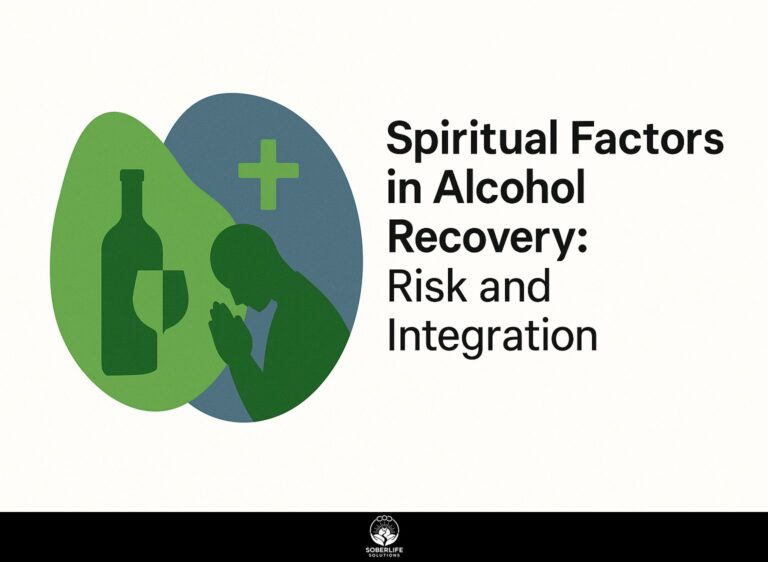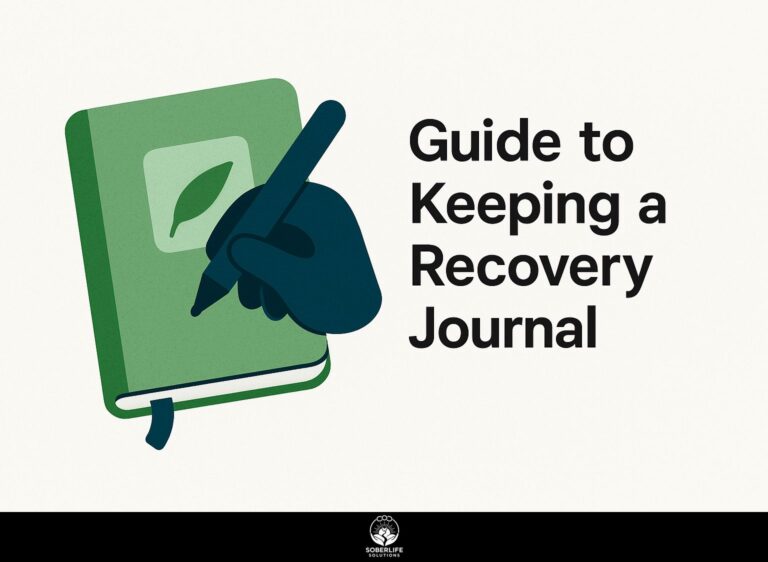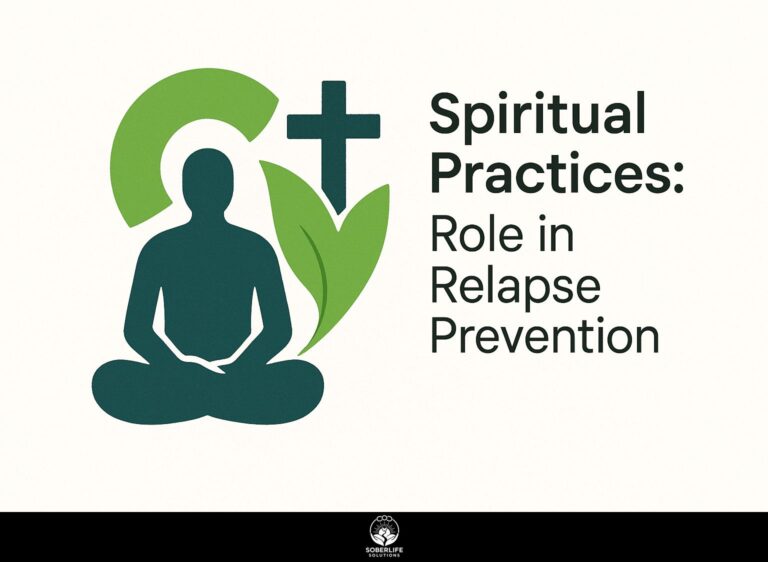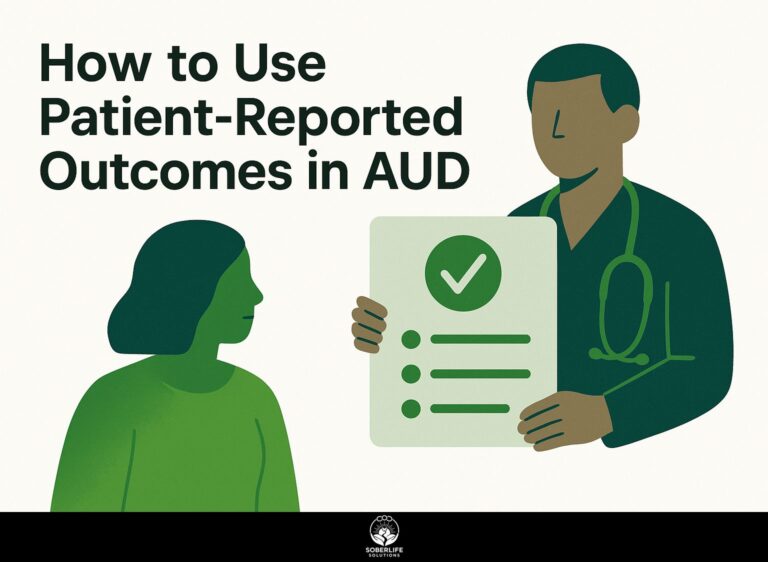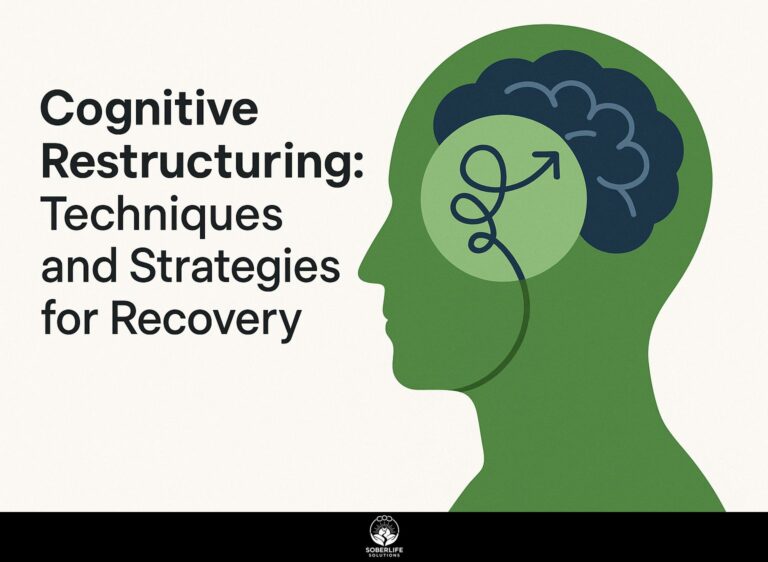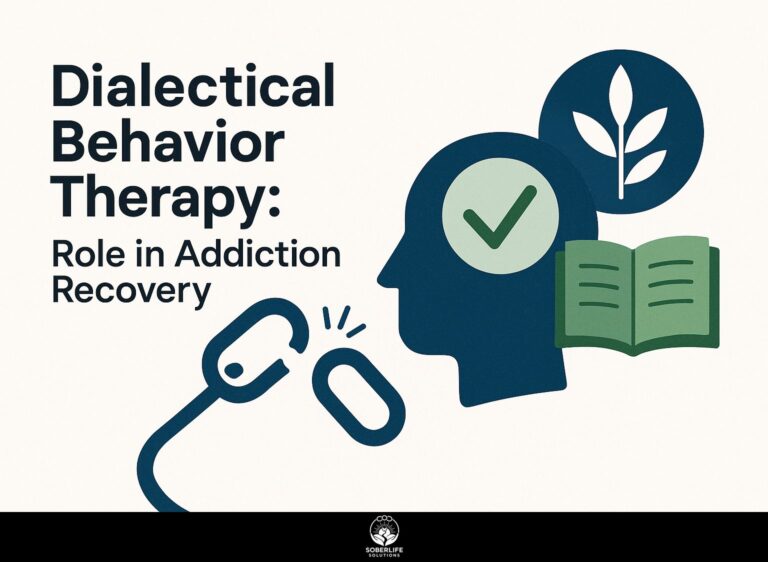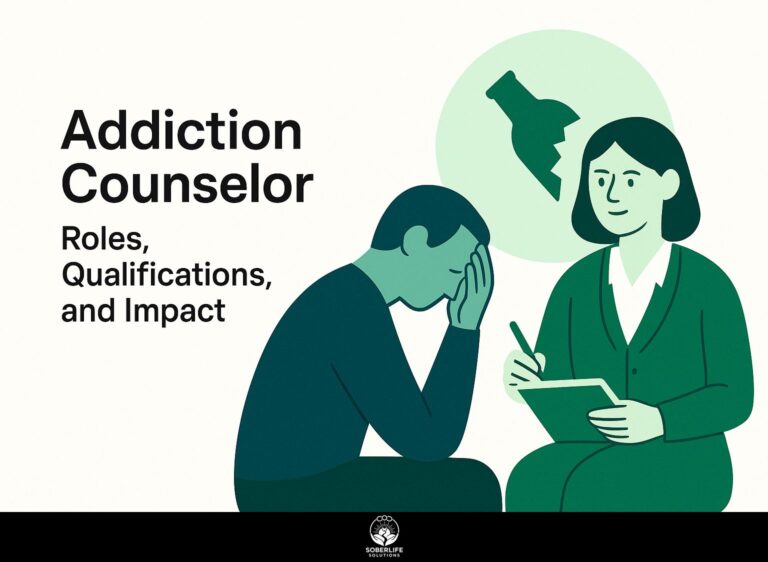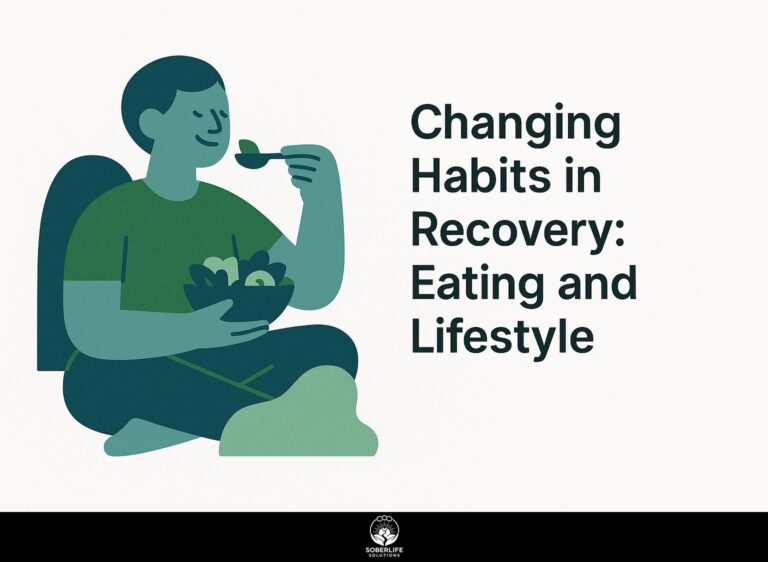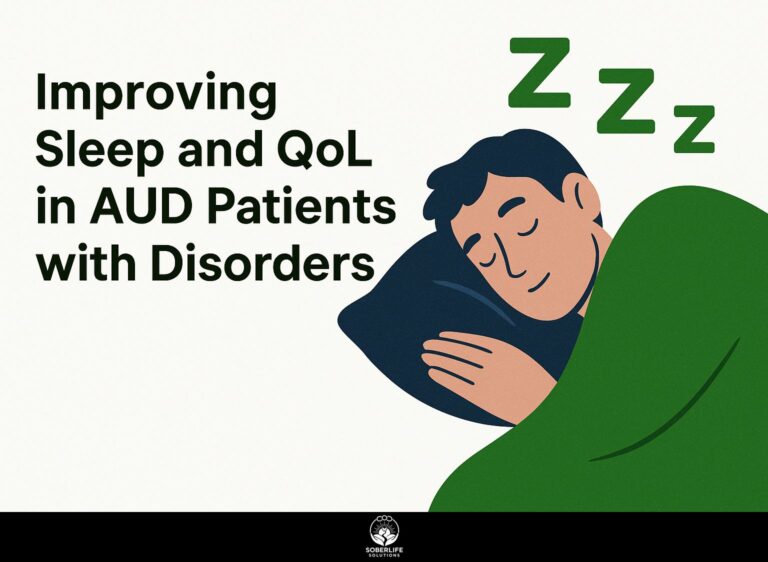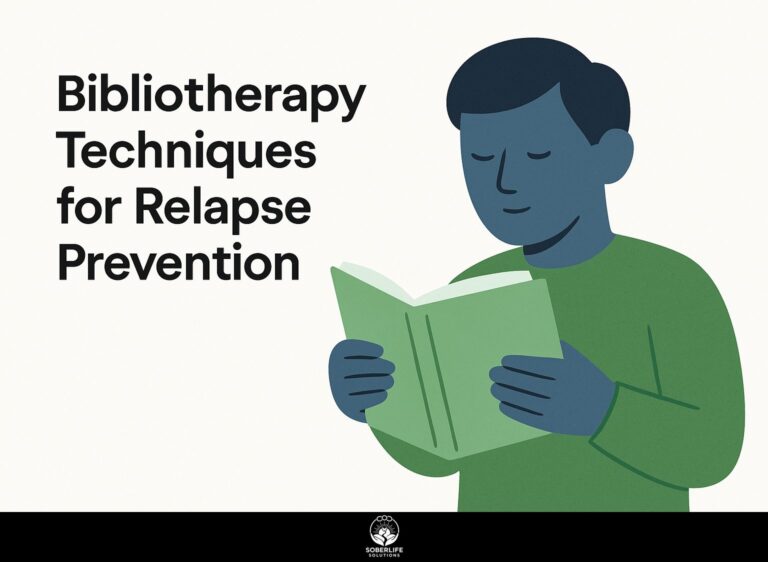Spiritual Factors in Alcohol Recovery: Risk and Integration
Introduction to Spiritual Factors in Alcohol Recovery Recovering from alcohol use in a lasting way usually means dealing with both the physical and spiritual parts of healing. The intersection of spirituality and substance use disorders can significantly influence treatment outcomes. Learning how religious beliefs and personal spirituality aid in recovery provides helpful information for people…

